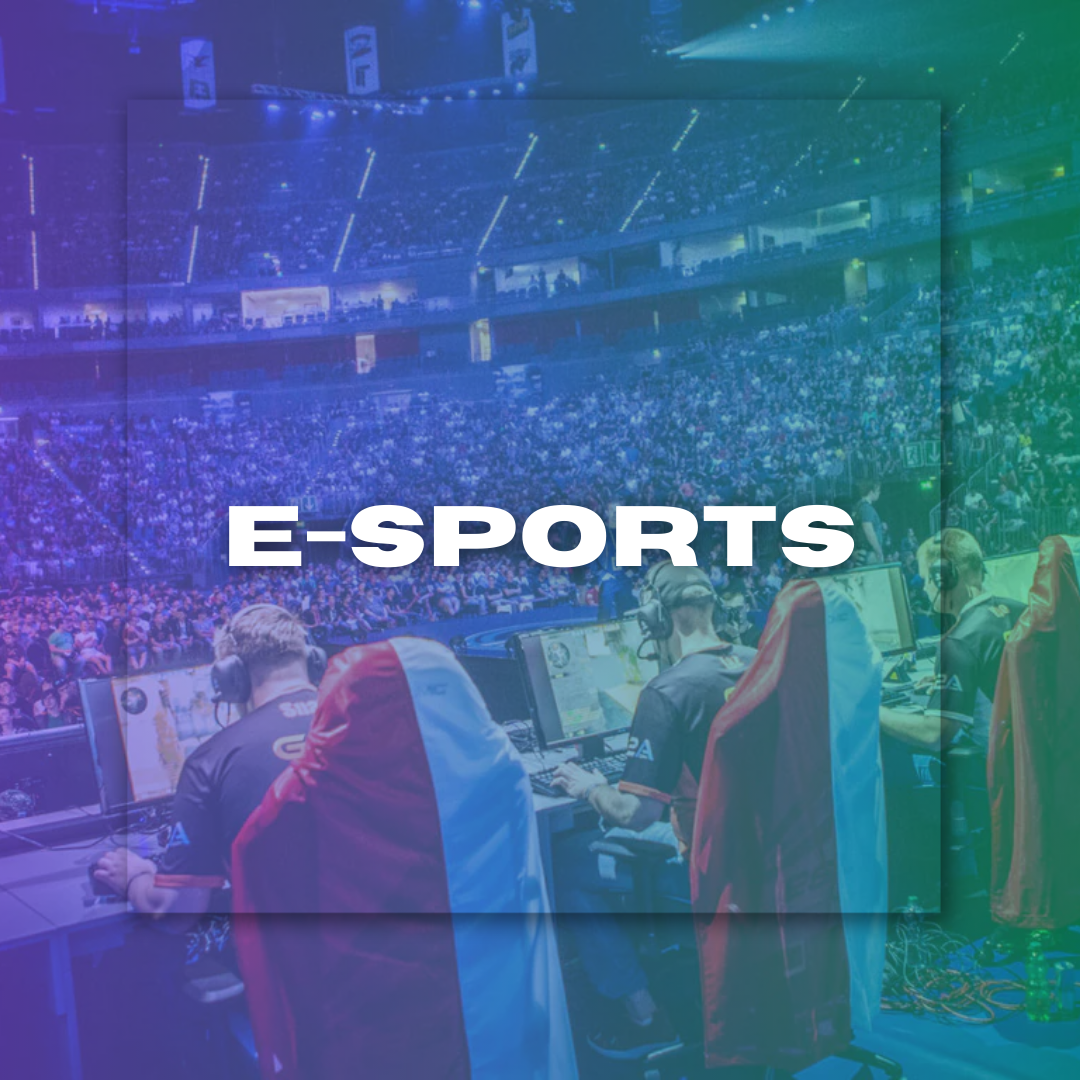
The Role of Mental Health in Athlete Performance: A Growing Concern
The Role of Mental Health in Athlete Performance: A Growi...
By Arslan Saleem August 08, 2024 00:17
More recently, the correlation between mental health and success in an athlete has come to light. As the sports world changes, so do we understand how challenging it is to compete. Physical strength has never been a question, only psychological. Mental health is no longer considered an adjunct issue but rather complements athlete well-being and performance payload. This realization has led many to call for athletes to have bigger, more integrated support networks and interventions designed specifically around meeting mental health needs.
There tends to be more attention, pressure, and judgment on athletes at higher levels of competition. This has resulted in increasing awareness of their mental health issues like anxiety, depression, and burnout. However, as we continue to understand the broader implications of mental health in society, we must unique pressures that impact athlete performance and overall quality of life.
Challenges and Distractions of the Athlete
Athletes exist in a high-stakes world with very challenging physical, emotional, and mental requirements. Elite level sport presents young athletes with a gateway to some of the causal factors that may contribute positively and negatively towards their mental ill-health, including:
Athletic performance expectations: Athletes often need to perform at high intensity with an expectation of peak performance day in and day out. This burden can cause them to crack under pressure, develop anxiety and stress about failing, and consequently impact their mental dimension.
Higher Public Profile: The increased social media and the demand for news 24/7 means athletes can never hide. That adds pressure to performance because "everyone is watching you," and being watched can increase insecurities and anxiety, which ultimately does not perform as audiences had been conditioned to expect.
Injuries: It may result in a physical injury, but significant psychological turmoil would exist. The fear of getting injured again combines with the frustration at sitting out, leading to feelings of depression and anxiety.
Transitioning Career: Transitioning from playing competitively as an amateur to a professional or from competition to retirement can be tough. It might trigger identity issues, and the lack of structure and purpose the sports environment gives, which causes mental health problems among athletes.
The interconnectedness of these factors is a stressor on its own and one that can heavily impact an athlete's mental health, highlighting the importance for sports organizations to step up their support in this area.
The mental health problems facing athletes today
Depression: Depression is common among athletes who may experience increased symptoms with performance pressures and public scrutiny. Mental health stigma keeps many athletes from getting help in time and results in cases spiraling out of control.
Performance fears (anxiety): It is one of the most common complaints in athletes that they feel a great sense of anxiety before competition or hurt their consciousness from negative evaluation.
Burnout: Pursuing the relentless pursuit of excellence until you become so overwhelmed that you jump off a cliff mentally and emotionally. Signs may be diminished drive, tiredness, and the feeling of being a little distanced from the game.
Eating Disorders: Athletes, especially those who compete in sports that stress being either a certain weight category or meet an aesthetic ideal, may be prone to developing disordered eating. And unsurprisingly, the pressure to look a certain way only ever ends up causing terrifying problems for mental health.
How to Enhance Mental Health in Sports
Removing the Stigma: This is where removing the veil on mental health will be so important. A safe space for athletes to discuss their issues externally from dialogues with coaches and players will be essential. This can be done by educating and holding open dialogues within teams/organizations.
How to Help: Mental health literacy training programs can teach athletes how to identify symptoms of issues and encourage social support for those who need it. These programs should aim to recognize serious mental ill-health early, promote help-seeking behavior, and give guidance on how to access advice.
Social Support: Social support comprising the availability of mental healthcare professionals, peer support groups, and instructor-mentorship programs could be an indispensable aid in the fragile journey most athletes have to tread otherwise. This would involve training coaches and team managers to spot the signs of mental distress so that they can offer support.
Mindfulness and Resilience Training: Some programs, like Mindful Sport Performance Enhancement (MSPE), that integrate mindfulness techniques can help athletes create coping strategies for stress management and improve their mental resiliency.
The present review demonstrates more than ever that mental health is fundamental in optimizing athlete performance. Given the stressors and demands on athletes, a more robust culture should be established where mental health education is closely integrated with sports experiences and opportunities provided by coaches, sports organizations, and society at large.
LATEST
- NEWS
- |
- ARTICLES
- |
- VIDEOS






















































































